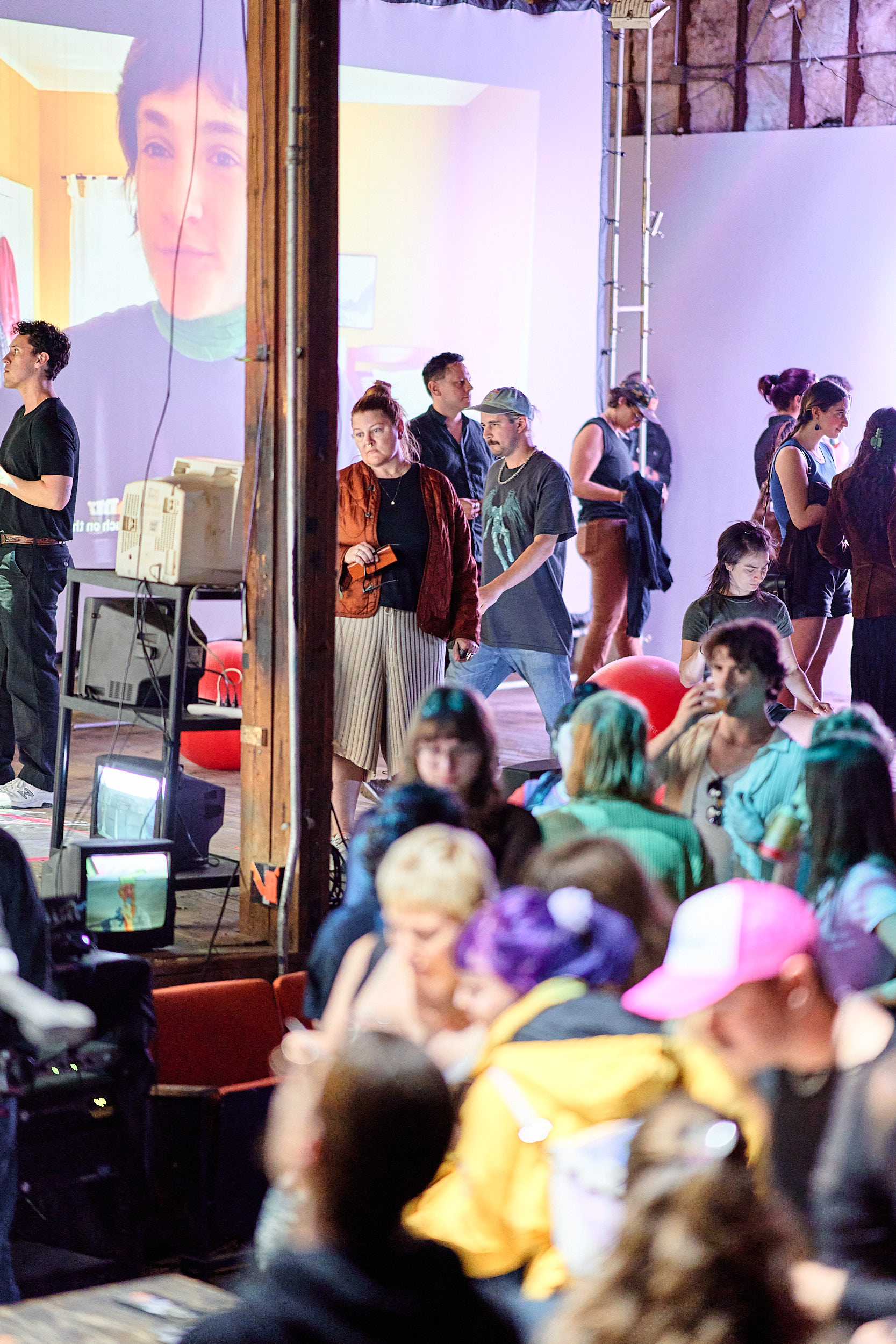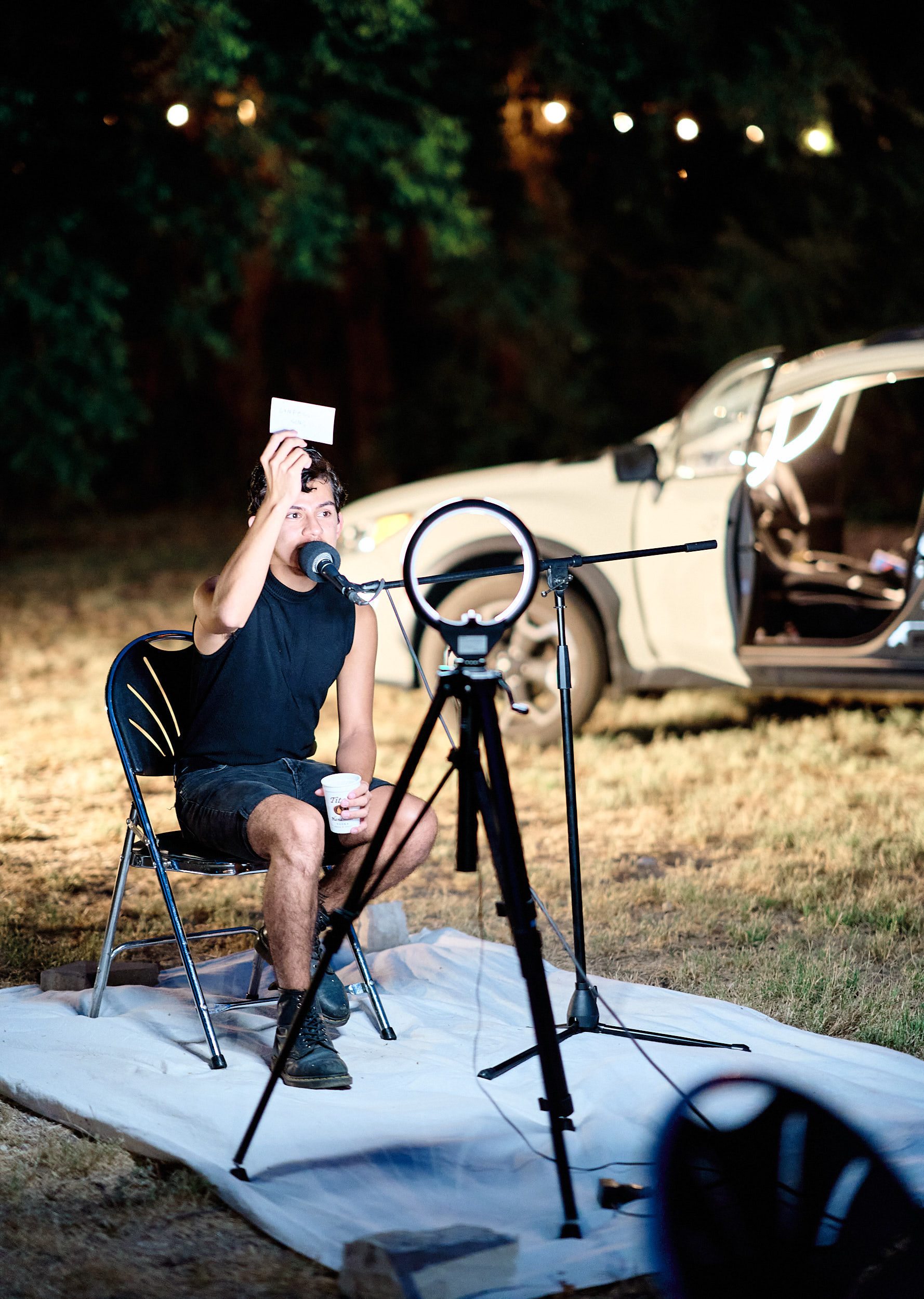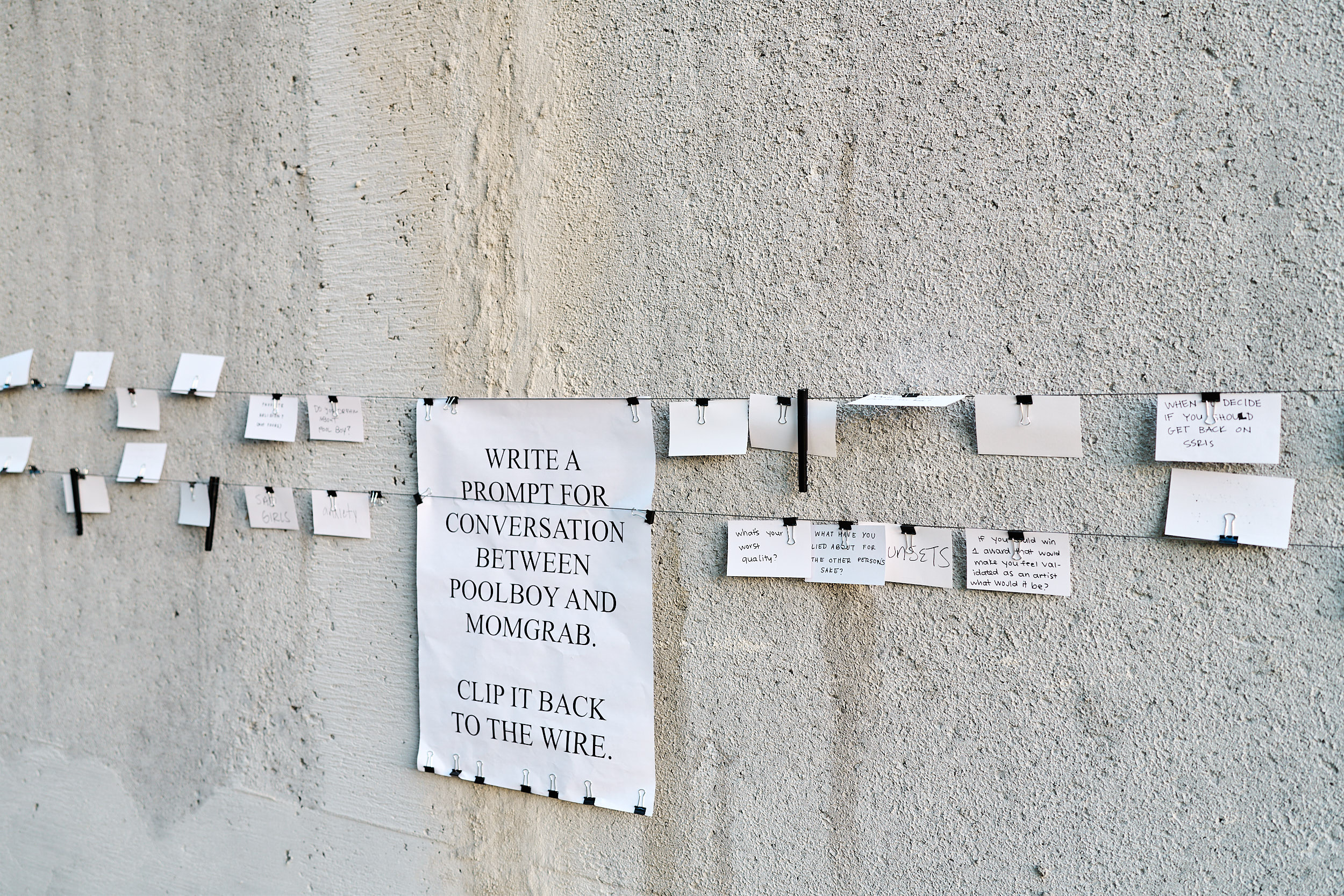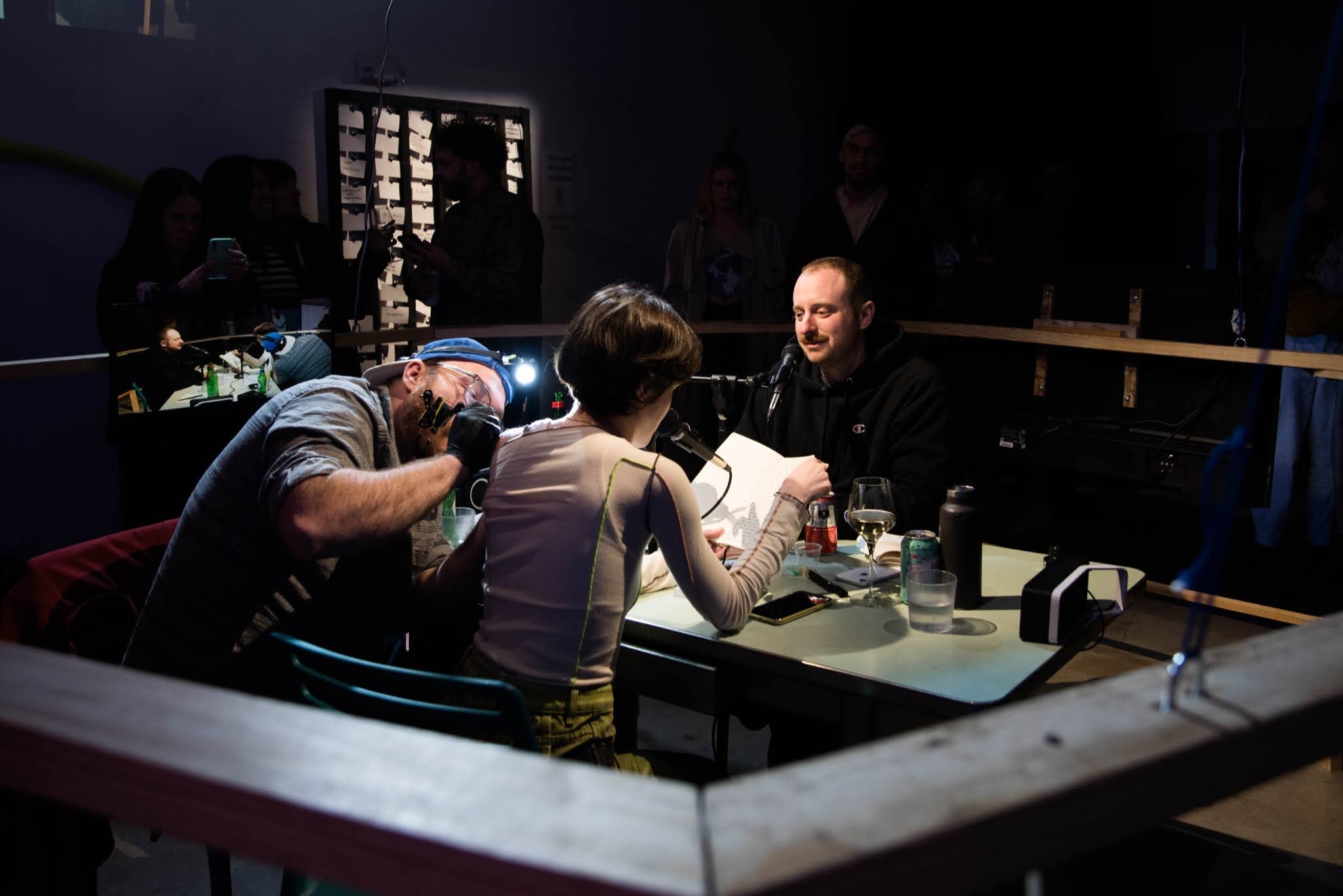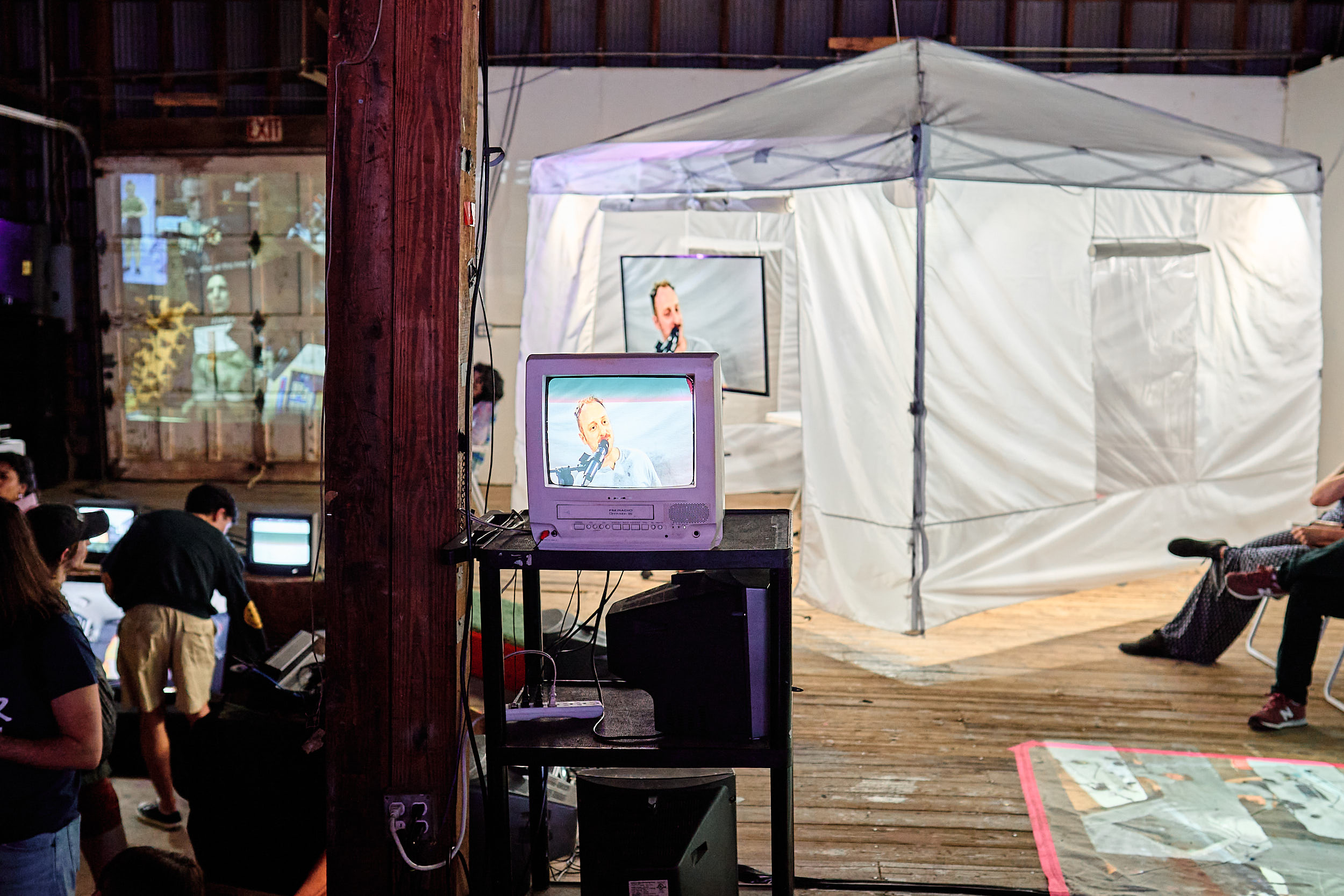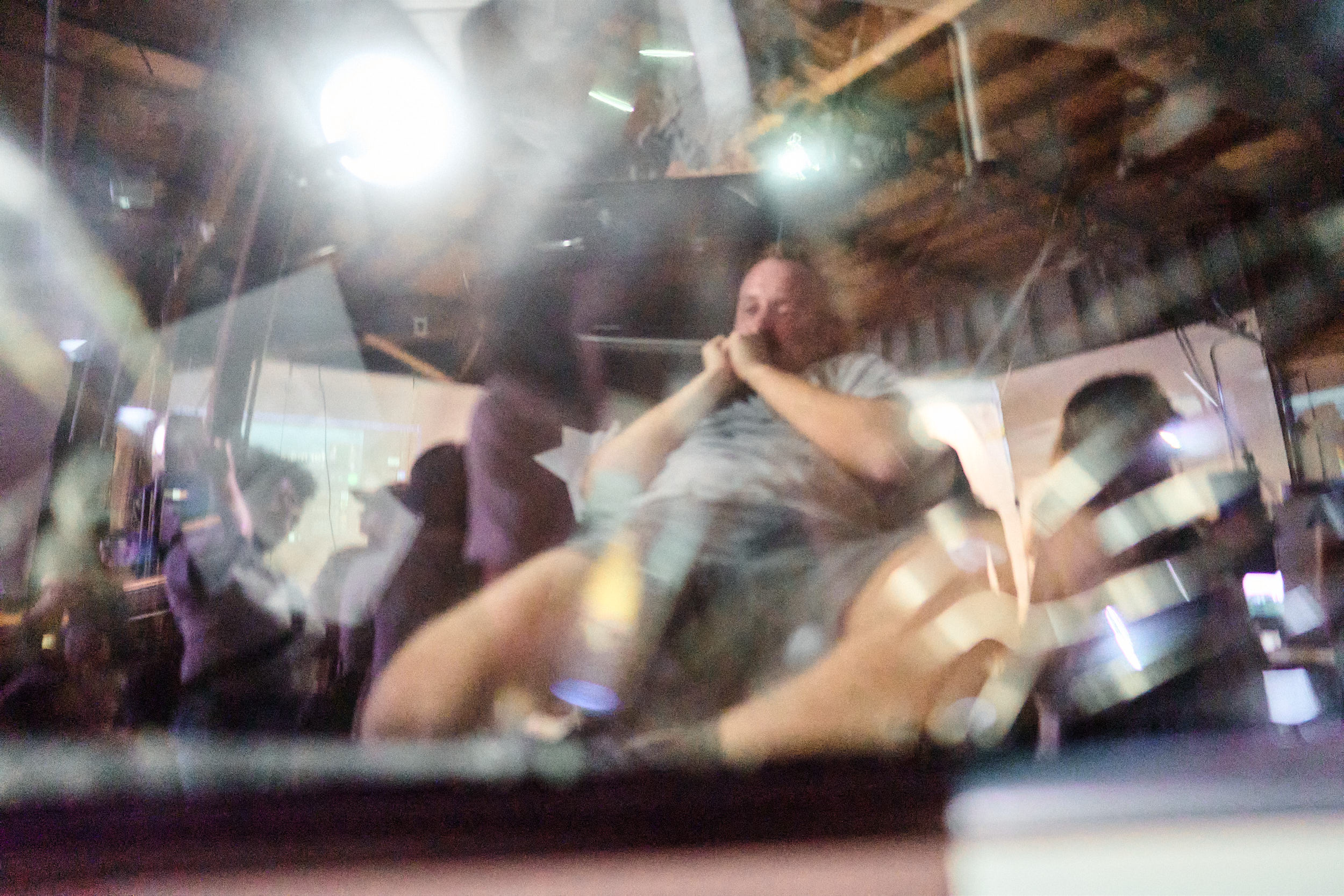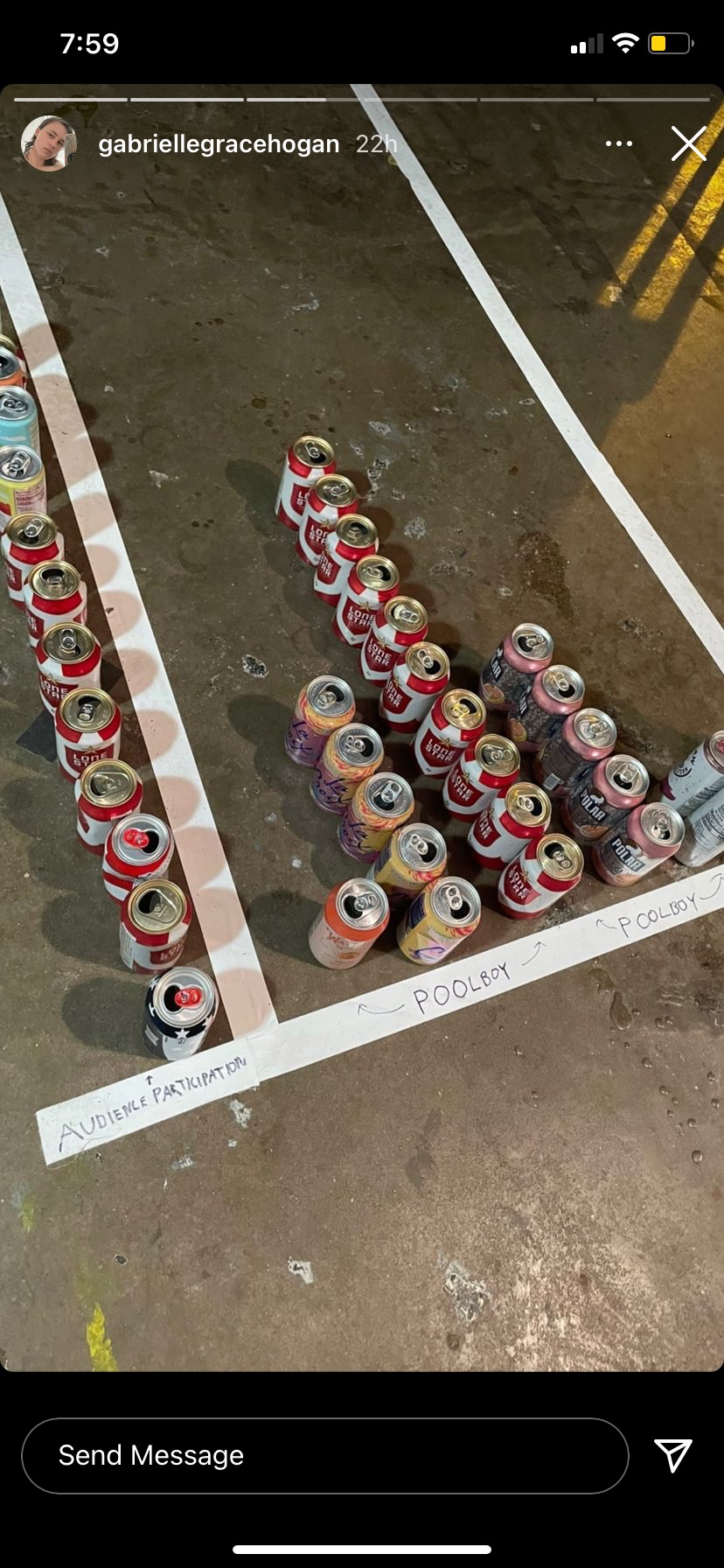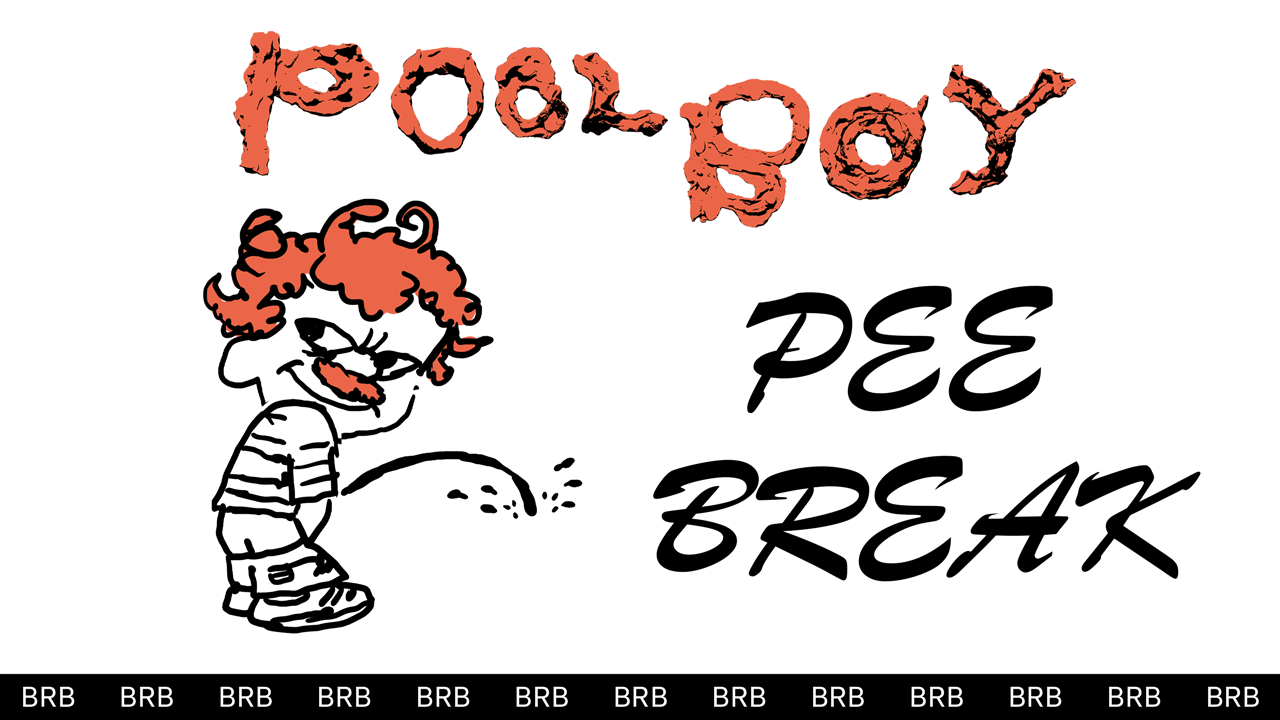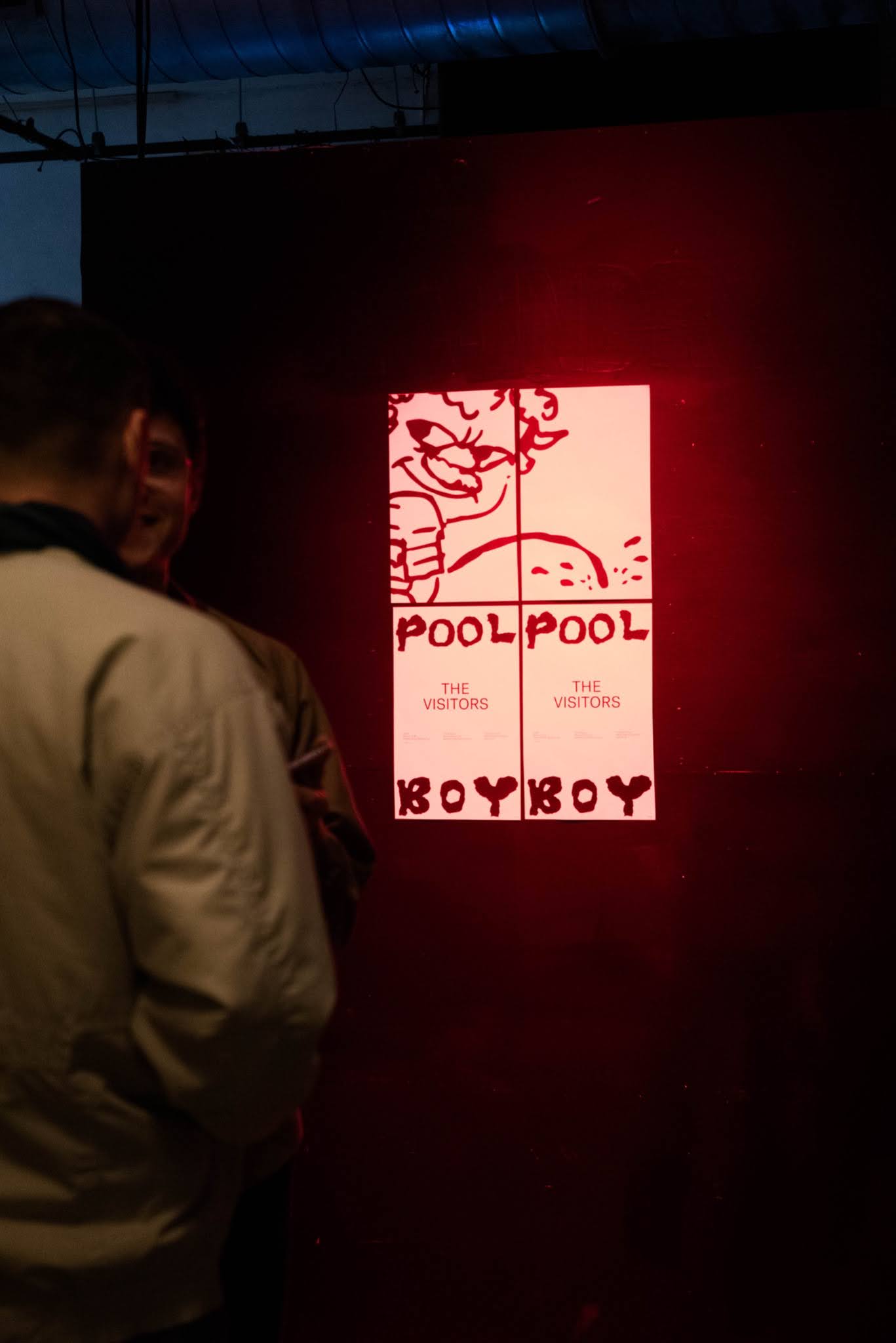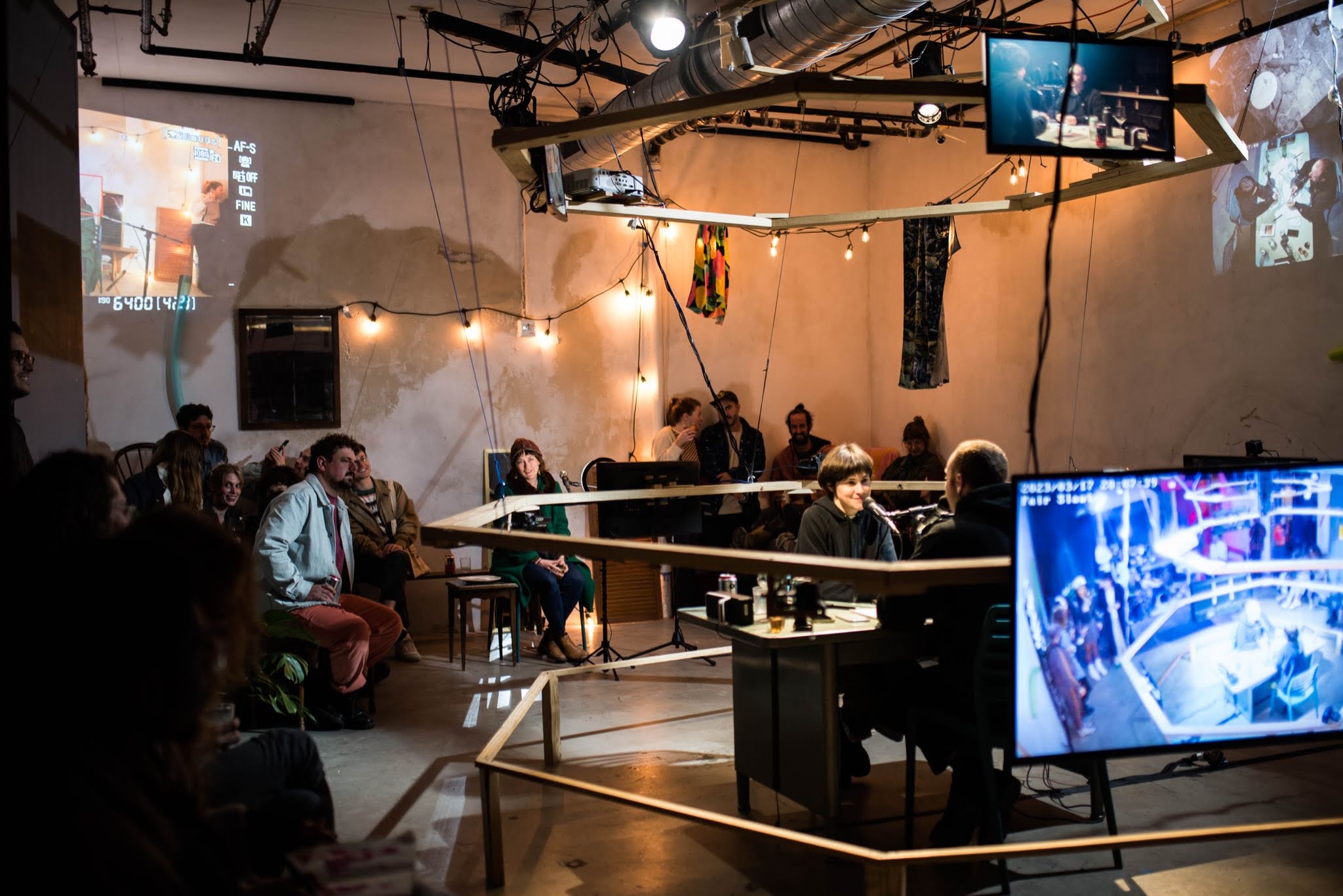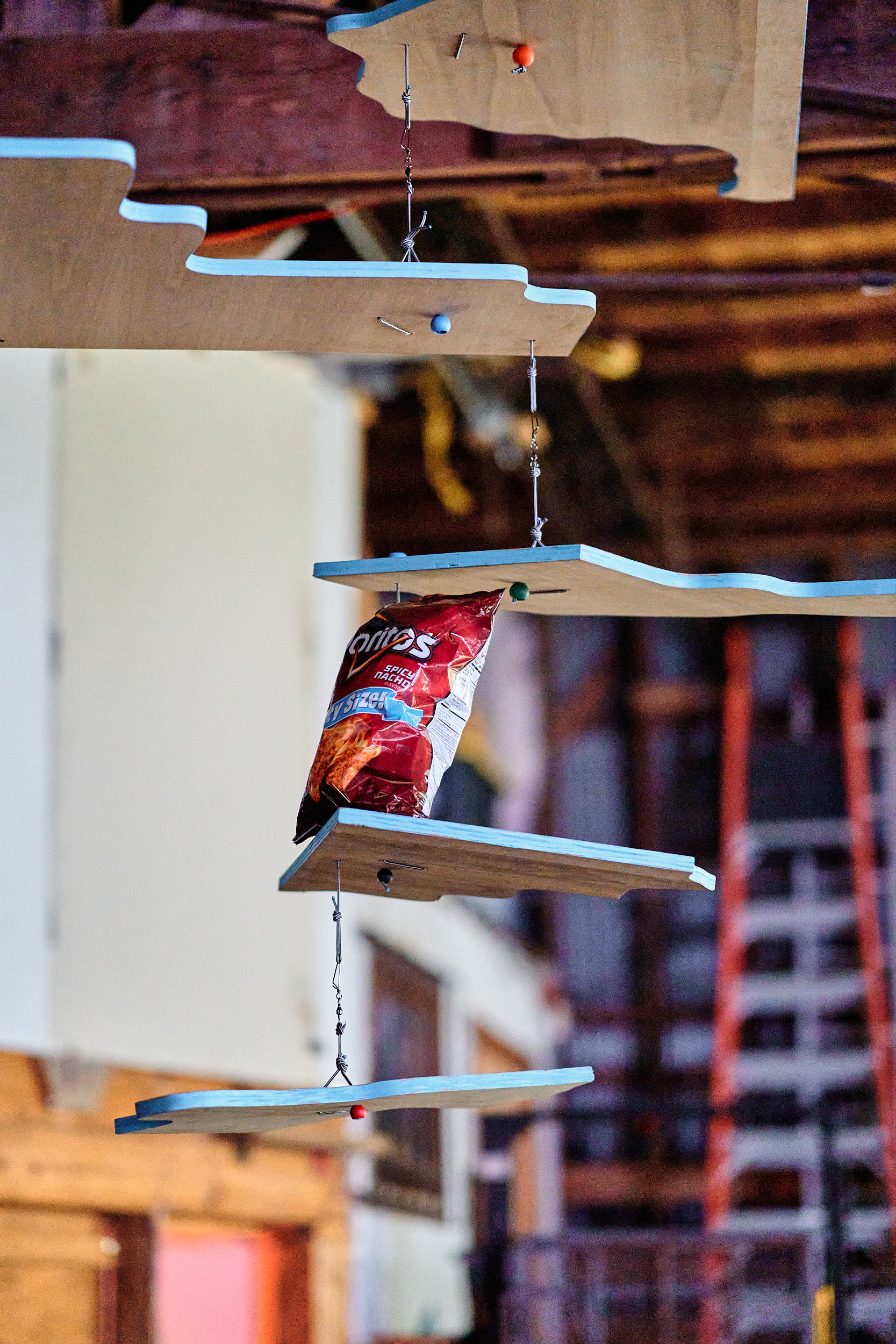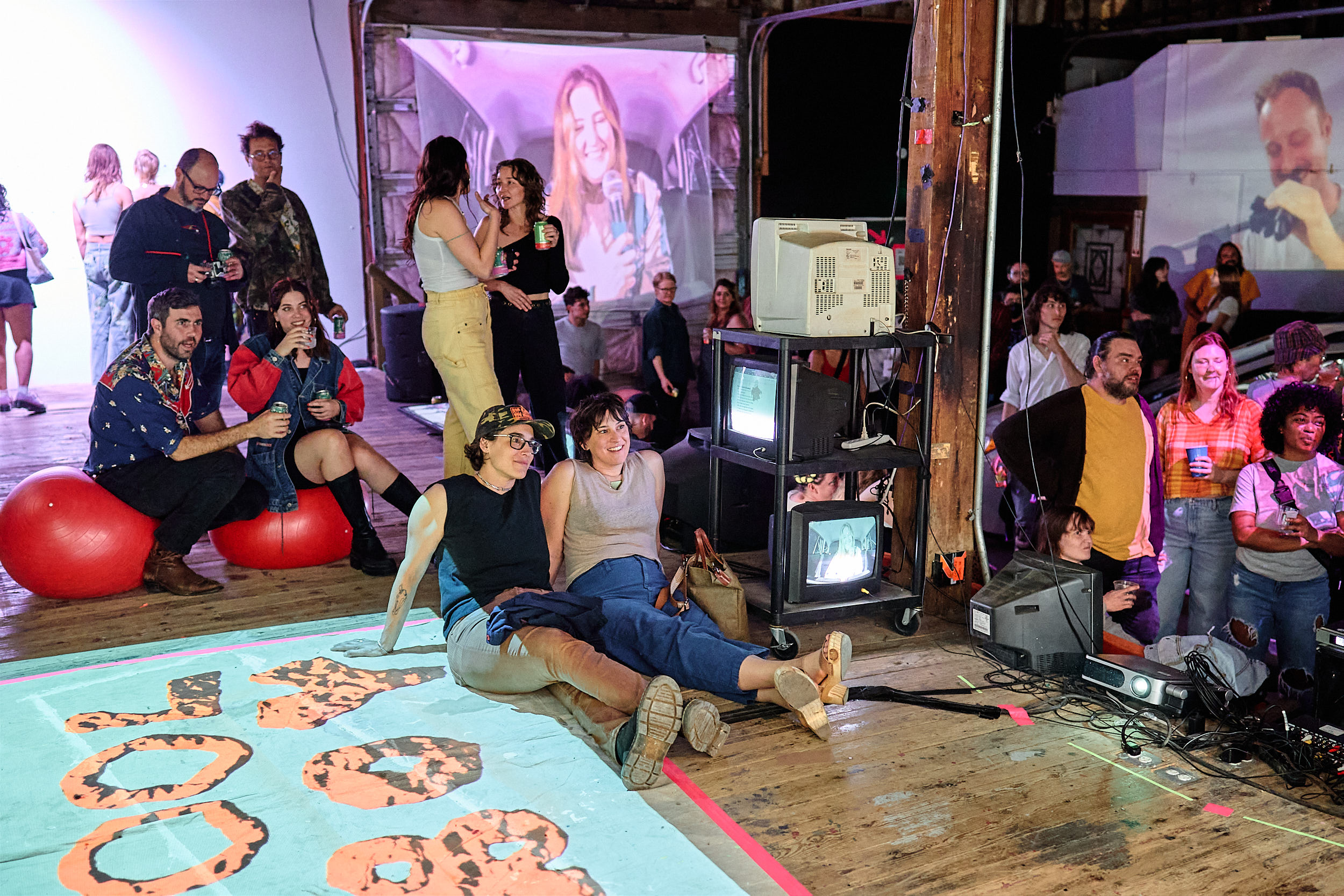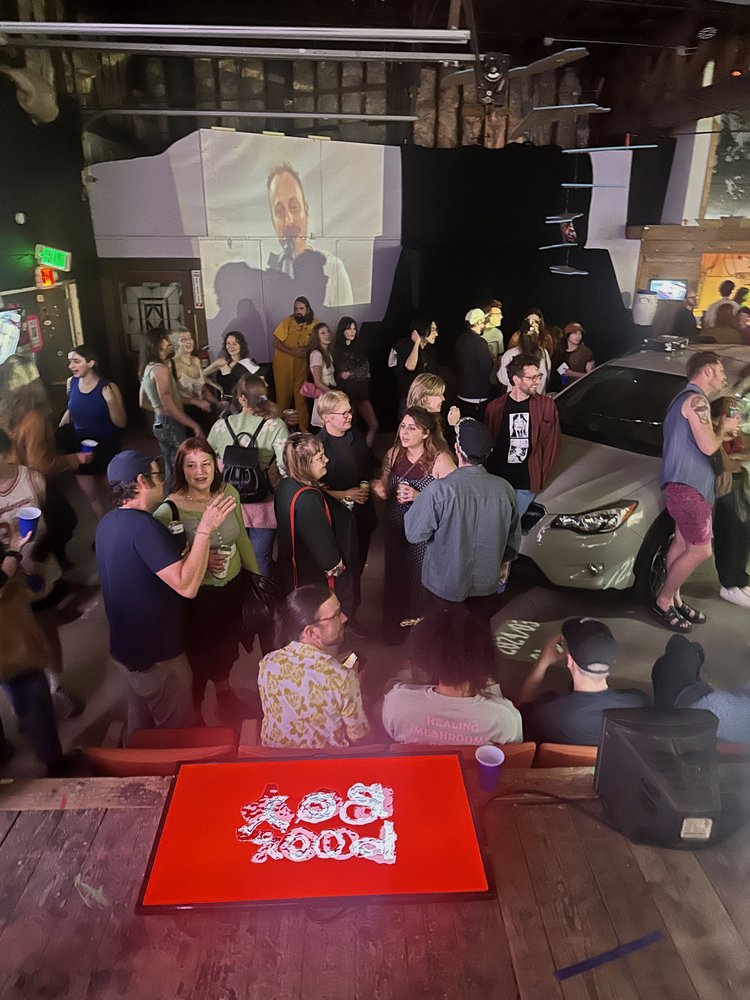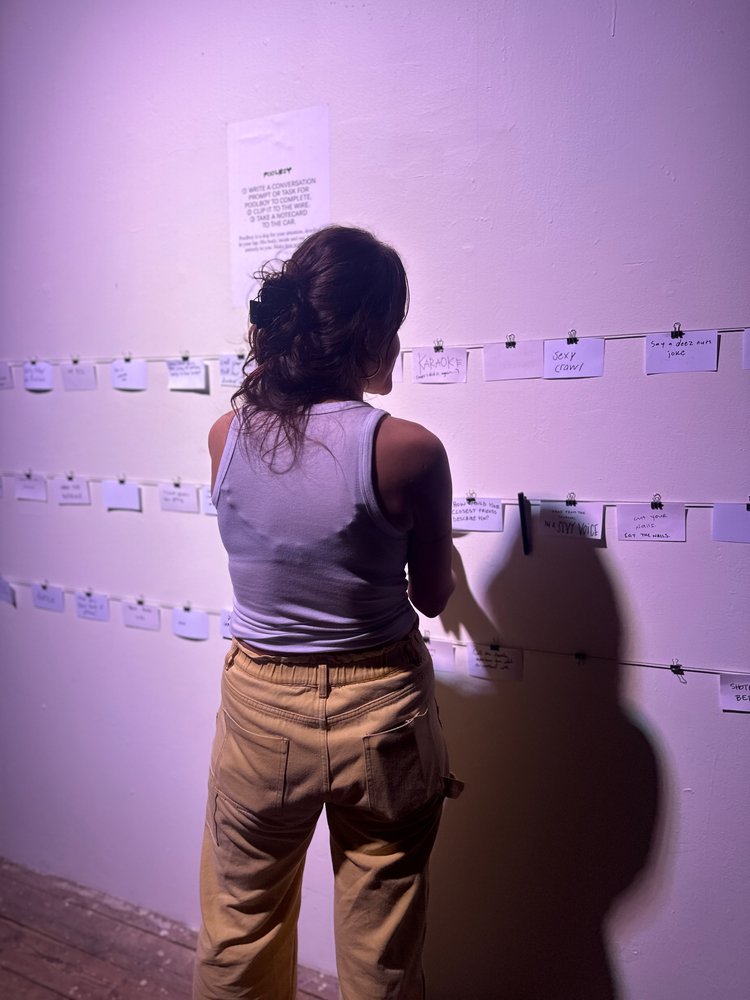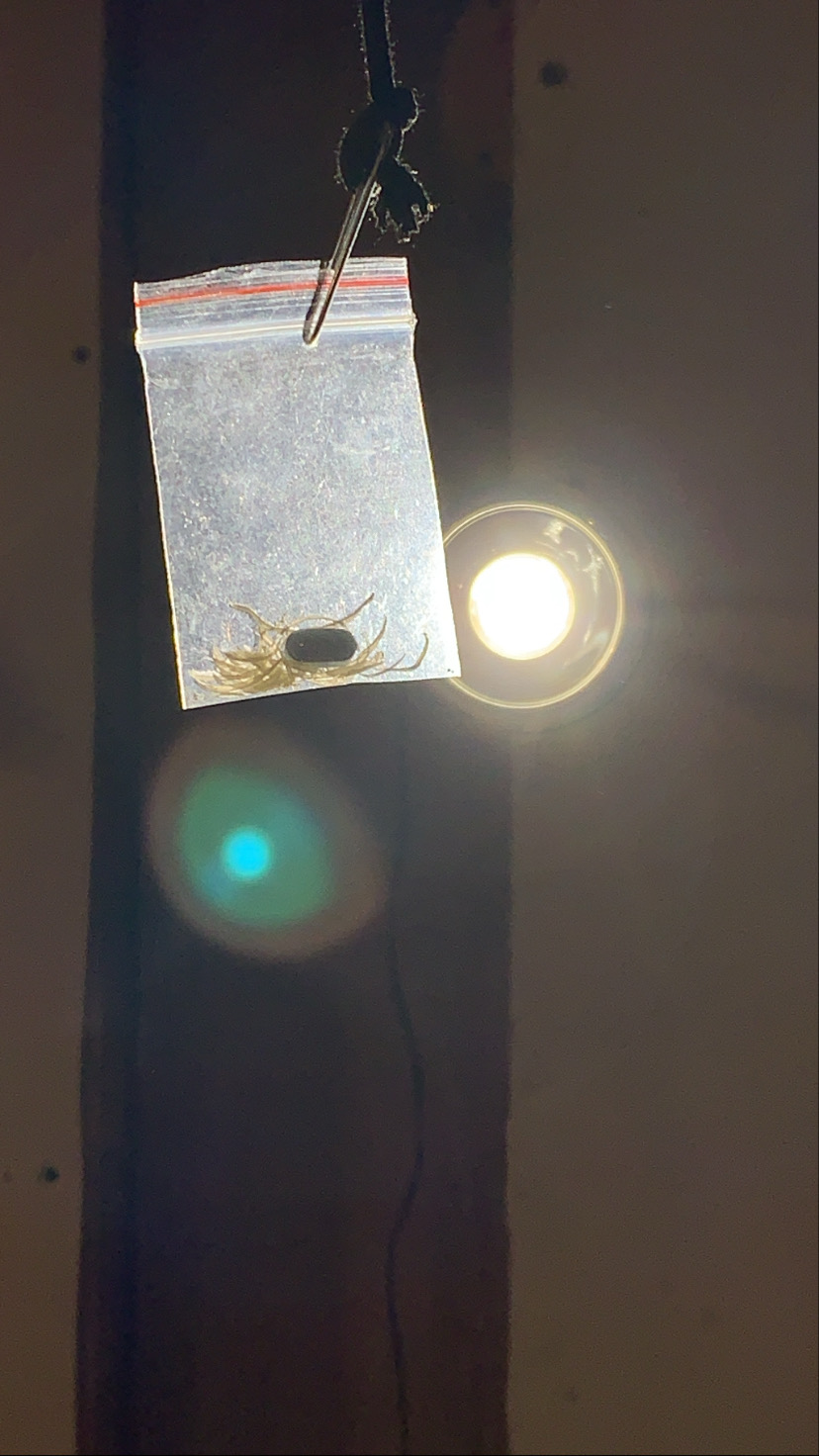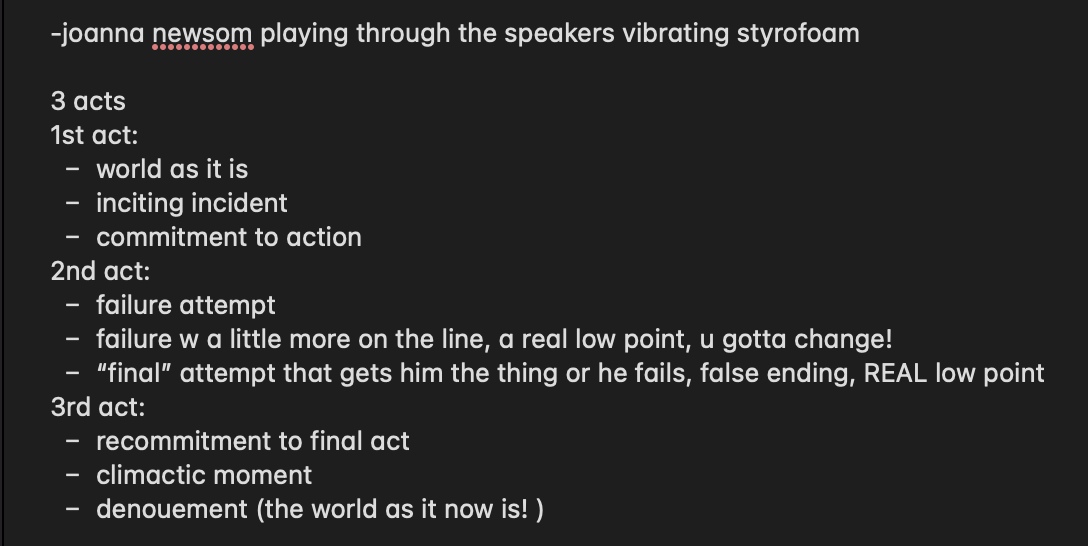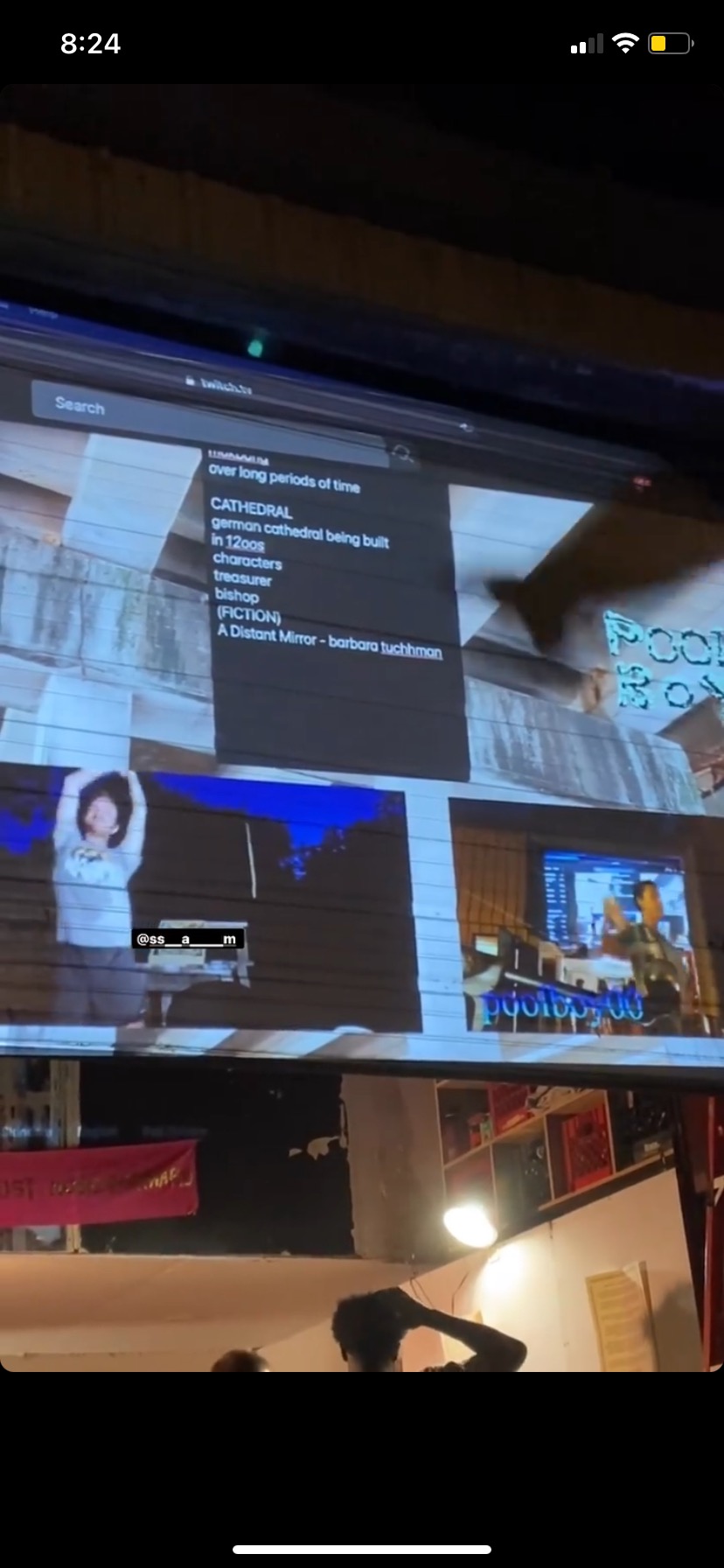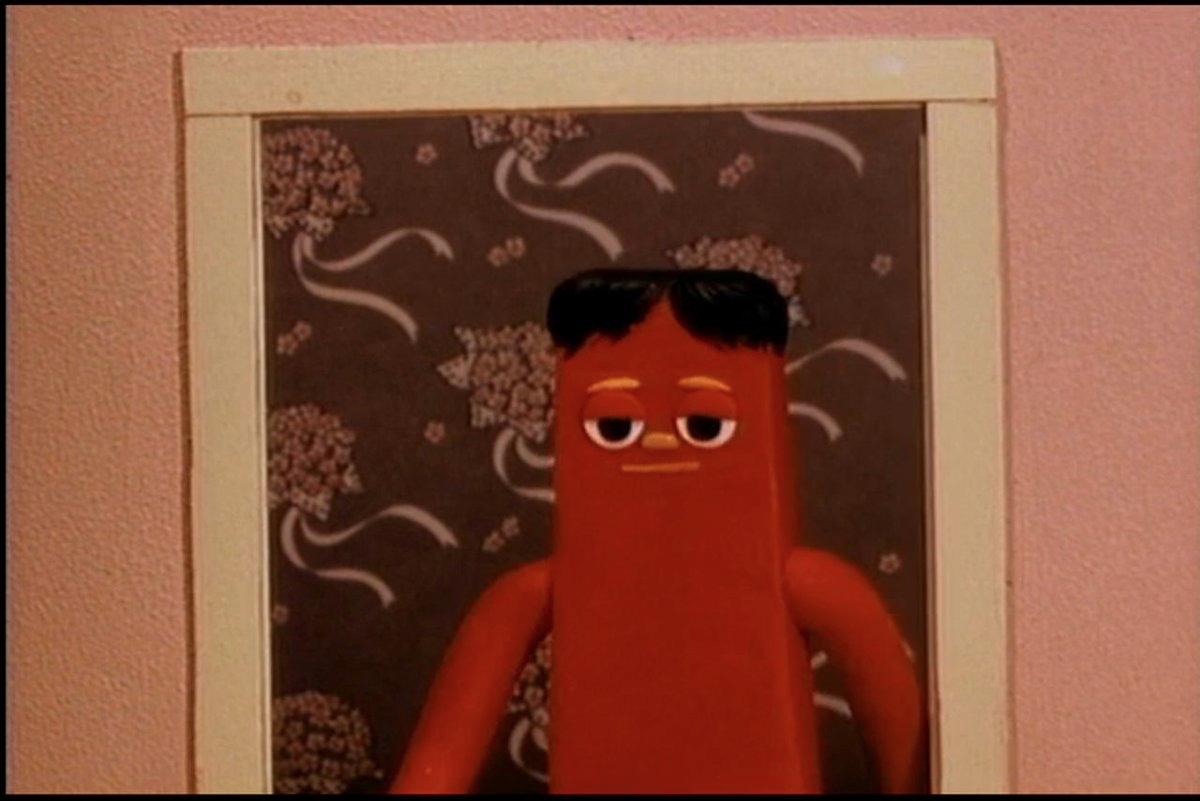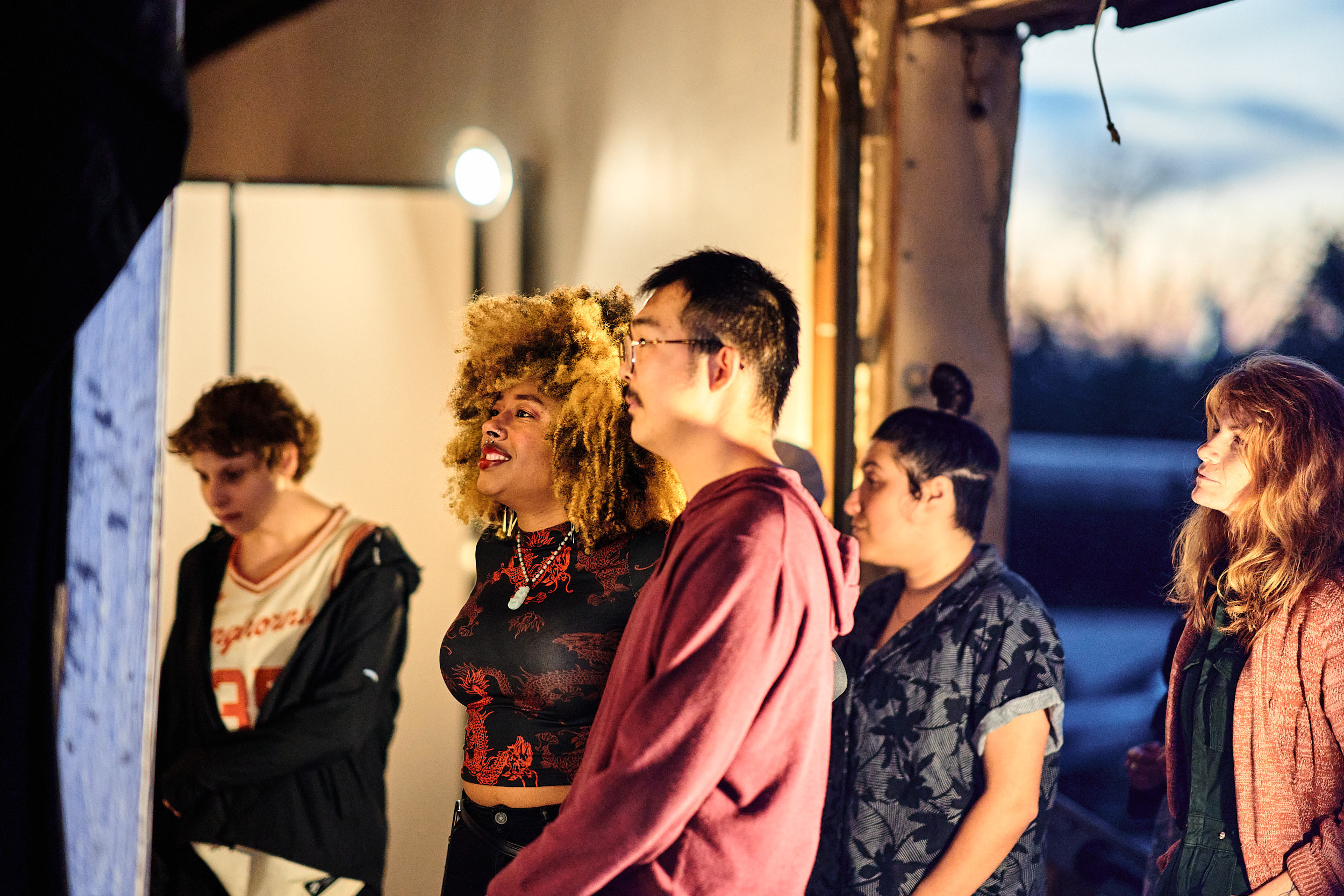
don't pick up
is an immersive queer performance and party that interrogates the boundaries between the digital and physical self. poolboy blurs the lines between reality and fabrication. It does this by submerging the audience inside the seemingly ruleless, hyper-stimulating, raw nerve of poolboy’s mind. The show creates the feeling of being online in IRL space, all of the chaos, intimacy, alienation, and fun of being online made nauseatingly physical. It is a flippant, vapid, and occasionally profound exploration of submissiveness, failure, and friendship in contemporary US society. The audience co-creates the narrative alongside poolboy, a Twitch streamer whose real life becomes the raw material for the performance.
The performance challenges traditional notions of audience engagement through interactive participation, live video surveillance, and an adaptive story arc (no two performances are the same). Hacked keyboards, collaborative collages, and live surveillance allow the audience to manipulate poolboy’s actions and shape his reality in real time. This open world invites varying levels of audience engagement, from passive observation to active co-creation, making space for the different types of attention at play in our digital-physical lives.
poolboy: don’t pick up mimics the uncanny, addictive tone of reality TV, even as poolboy confronts real-life issues, including drug addiction, suicide, and queerness, as well as manages the desires of each audience member. The juxtaposition of poolboy’s very real life with numbing boredom and overstimulating simulacra creates a space for reflection on our complicity in systems with which we'd rather not identify.
By the end of the performance, what is reality and what is staged becomes indistinguishable. A finale climax between poolboy and his best friend momgrab tests the very real limits of friendship and creation as we watch them put their actual bodies on the line. poolboy: don't pick up is a heart-wrenching, poignant, and thought-provoking experience that leaves you questioning the nature of authenticity, vulnerability, contemporary surveillance, and the ever-shifting boundaries between the digital and physical self.
Read more about the development and history of poolboy.





